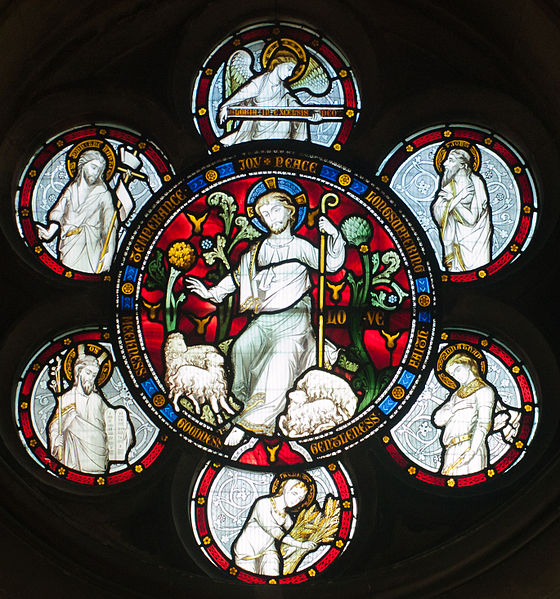Morality is the differentiation of intentions, decisions and actions between those that are distinguished as proper (right) and those that are improper (wrong). Morality can be a body of standards or principles derived from a code of conduct from a particular philosophy, religion or culture, or it can derive from a standard that a person believes should be universal. Morality may also be specifically synonymous with "goodness", "appropriateness" or "rightness".
Allegory with a portrait of a Venetian senator (Allegory of the morality of earthly things), attributed to Tintoretto, 1585
Immanuel Kant introduced the categorical imperative: "Act only according to that maxim whereby you can, at the same time, will that it should become a universal law."
Moral character or character is an analysis of an individual's steady moral qualities. The concept of character can express a variety of attributes, including the presence or lack of virtues such as empathy, courage, fortitude, honesty, and loyalty, or of good behaviors or habits; these attributes are also a part of one's soft skills.
Benjamin Franklin wrote in his autobiography about his habitual efforts to improve his moral character.
1915 magazine ad
Stained glass window at Christ Church Cathedral in Dublin, depicting the Fruit of the Holy Spirit along with role models representing them.[citation needed]





